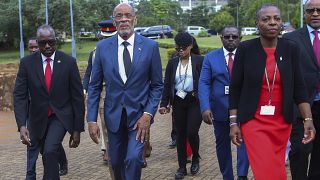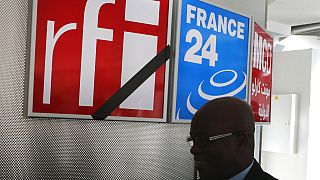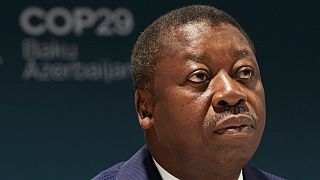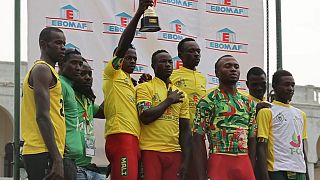Togo
Togo will head to the polls on Monday in legislative elections that follow a series of government crackdowns on opposition protests and the passing of a controversial new constitution that could allow the President to stay in power indefinitely.
The party of President Faure Gnassingbé has passed a constitution - which Gnassingbé himself is yet to sign off on – which would see parliament elect the president instead of a direct vote by people.
Civil society organisations and opposition supporters have condemned the move, calling it anti-democratic, as it would allow Gnassingbé to essentially stay in power indefinitely.
Opposition protests have been banned ahead of the election, and foreign reporters forbidden from covering the vote. The Catholic church has also been barred from acting as observers.
Monday’s vote would give the opposition a chance to gain more seats in parliament, which could give them more say on major policy changes – like the passing of a new constitution.
However, if President Gnassingbé signs off on the constitutional changes before the election Monday, whatever new parliament is assembled after the vote will no longer have a say.
President Faure Gnassingbé took power in 2005 after his father’s death. The family has been running the West African country for six decades, making it one of the longest-ruling families in Africa.




![Can Africa’s soil sustain food security? [Business Africa]](https://static.euronews.com/articles/stories/08/39/08/36/320x180_cmsv2_6c750e33-e25d-57d1-a896-b069180361f4-8390836.jpg)







00:29
At least 7 people killed during recent anti-government protests in Togo
Go to video
Nigeria: Tinubu denies one-party plan after he's accused of clamping down on opposition
02:24
Celebration and protests: Nigeria marks 26 years of uninterrupted democracy
01:14
Mali: Assimi Goita could soon be president until 2030 - without an election
01:07
Burundi’s ruling party wins all parliamentary seats amid fraud claims
Go to video
Burundians vote to elect lawmakers and local leaders